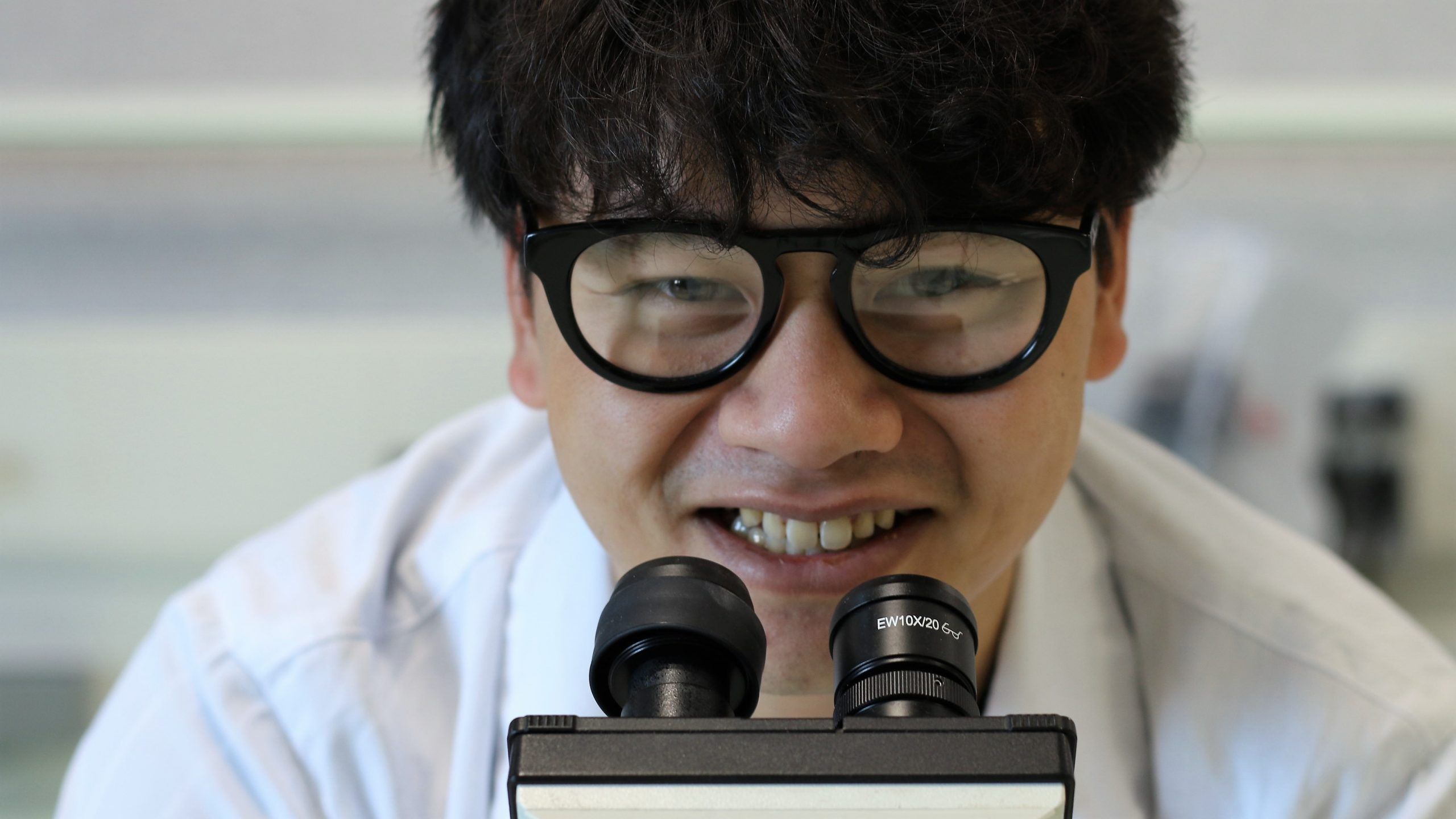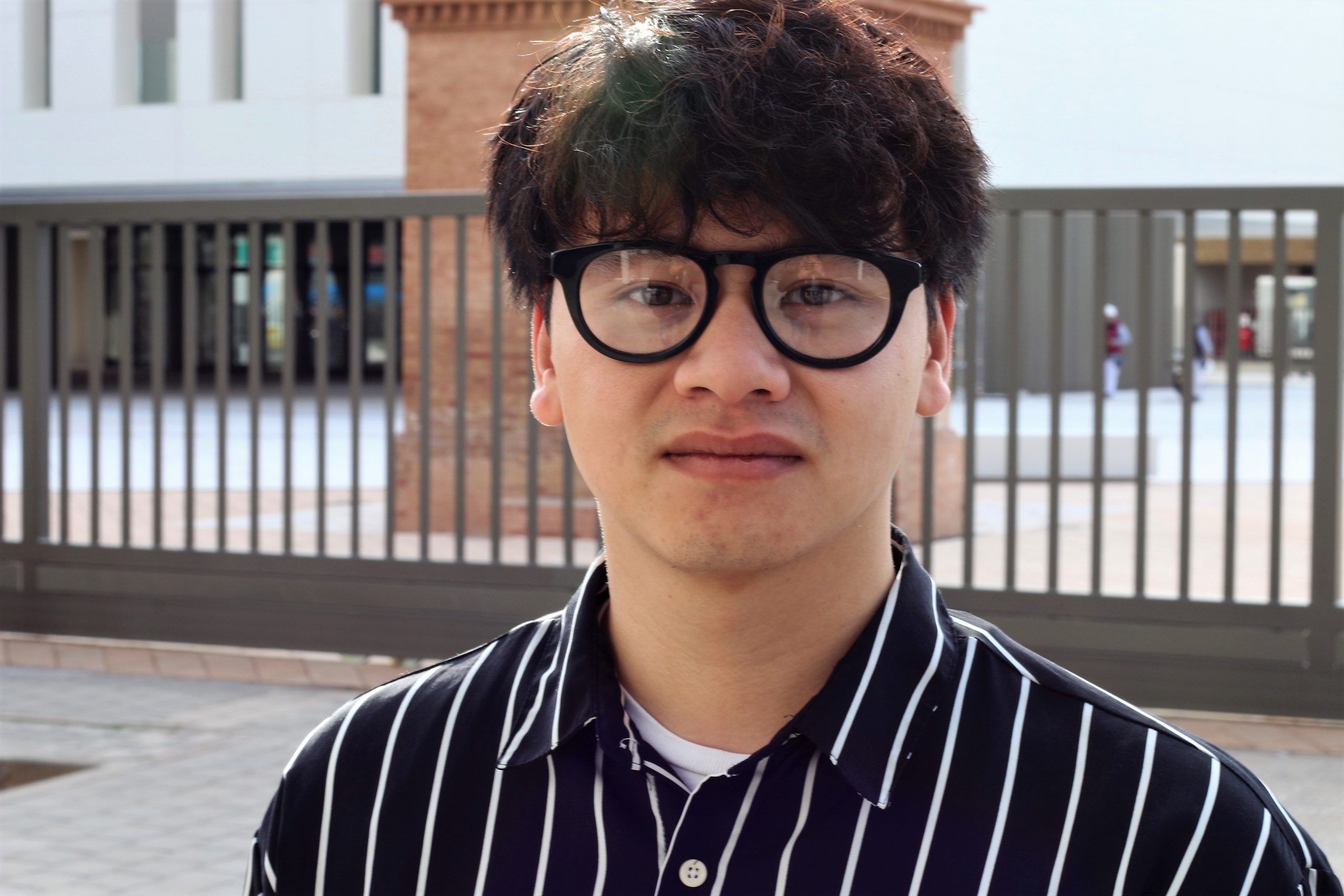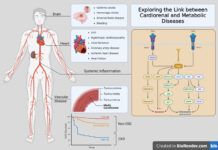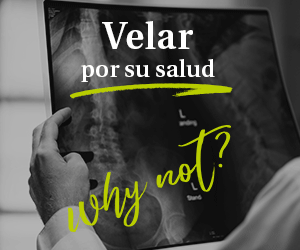Martin’s story is unusual – he was a promising pianist who experienced a road accident and then decided he wanted “to get his hands dirty”. From a Vietnamese family, he’s from Denmark and is now a first-year Medicine student, having worked as a volunteer with the Red Cross in Denmark for two years. His experience there merely confirmed the decision he’d taken in that split-second in the aftermath of the accident. Not many people can look back to a very particular moment from years before and know that that was when their life changed.
 Many Medicine students tell us about how choosing this profession was down to family traditions or particular interests that they had. But in your case, there’s actually a date and time of your inspiration.
Many Medicine students tell us about how choosing this profession was down to family traditions or particular interests that they had. But in your case, there’s actually a date and time of your inspiration.
My future was linked to music: I played the piano and hoped to become a professional pianist. I played pieces by Chopin and Debussy, I composed arrangements and took part in competitions. Then one day, my father and I had an accident. It was serious. He had a collapsed lung and, in fact, he came close to dying. We called the ambulance and, while we were waiting, I realized that I couldn’t do anything for him and it felt really bad.
At such a difficult time, do you remember what was going through your mind?
Perfectly. I remember thinking: “I don’t want to be the kind of person who can’t do anything. I want to be someone who can do something to save someone’s life.” My vision of the future changed completely. I don’t have any relatives who work in medicine, but I decided to go down the path of becoming a person who can act in situations like the one I saw. To be there to help and to save people.
“I’M REALLY LOOKING FORWARD TO USING THE SIMULATION AREA AND THE LABORATORIES. THE FACILITIES ARE FANTASTIC!”
You’re going to put those hands which move so well over the black and white keys to a very different use.
Maybe my hands aren’t quite steady enough to be a surgeon, but I can use them to help people in emergency situations. My dream is to work in an emergency department, to be there when I’m needed at a critical and difficult time. I want to smell the street and get my hands dirty, to be on the front line of the action and be the first to help someone who’s injured.
Starting your practical training will be the first test. You’re excited about it, aren’t you?
I can’t wait. We start after Christmas. I’m really looking forward to using the simulation area and the laboratories. The facilities are fantastic!
What do you think about the education you receive here in general, the relationship with the lecturers and the dynamics of your courses?
The thing I’d highlight most is the approachability of the lecturers. In my country, students are taking notes the whole time during lectures and can only ask questions right at the end. Here you can ask about things you’re not sure about there and then and that’s very rewarding. The lecturers are very attentive to our concerns on a general and individual level. The fact that there’s only a small group of us in lectures helps too – it’s nothing like the huge auditoriums filled with students that you see in some faculties in Denmark.
 You’d been to Spain on holiday, but coming out here to study at university is very different. How has the University helped you to adapt?
You’d been to Spain on holiday, but coming out here to study at university is very different. How has the University helped you to adapt?
I wasn’t afraid of taking on a life and educational experience like this. All the forms you have to deal with can be a pain, but the people at International Student Services do a magnificent job in helping you. To be able to call on someone who can help you with all these forms, who can make your life that bit easier the first few days, with services such as getting picked up at the airport or arranging your transport card, that all helps to make for a smooth landing.
You’re currently attending the University’s free Spanish classes. How’s it coming along?
Improving gradually, I’m still at level A. It’s strange, because, when I came here on holiday, I didn’t hear many people speaking English. But I was relieved when I started lectures because I found that I could speak English to everyone, to students from Germany, Spain, the USA – I was able to make a lot of new friends! And one day I’ll be able to do a real “house tour” of the world, and visit some really interesting countries.
What piece for the piano do you think would best accompany your experience at the University?
I would choose the piece that I played at the last competition I took part in: Chopin’s Nocturne Op. 27 No.1. It’s a romantic piece that starts with a very slow tempo, and it’s very straightforward. That slow start represents the arrival in a new country and a new university. Then it speeds up and becomes much livelier – that’d be the part where you meet new people and do things with your new friends. The end is maybe a bit more depressing: that’s when you know your final exams are coming!
Thanks for sharing your experiences and hopes for the future with us, Martin!










